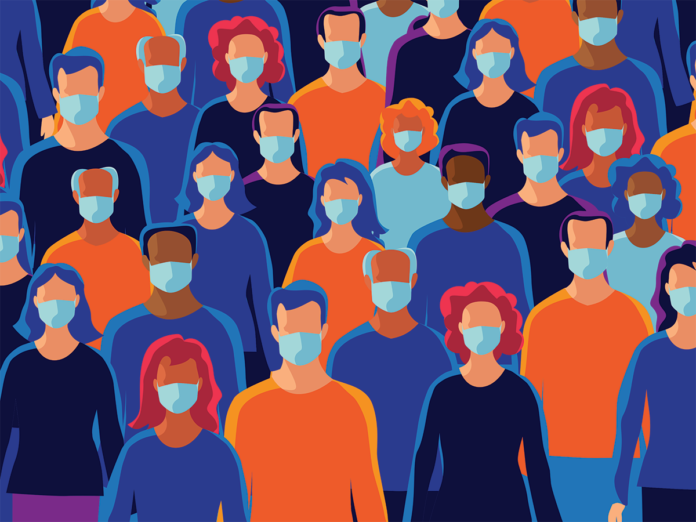At present several sero-surveys and simultaneous researches have pointed out that almost 70 percent of the Indian population must have recovered from the virus but WHO has warned that despite vaccine rollout programmes global herd immunity will be a mean feat to achieve in 2021.
It’s been more than 10 months that the pandemic engulfed the entire world and since then the country has gone through an intense lockdown, economic crisis, overwhelmed medical infrastructure, and migrant crisis. It is only now that many of us can feel some respite that one of the world’s largest vaccination drive is about to begin in India.
Despite India being the second-worst country in terms of a total number of infections and deaths, the mayhem that was expected out of the pandemic has largely been in control with a dwindling number of cases gradually. Although lakhs of people have lost their lives, the death rate on a national level has been relatively lower as compared to other countries in the west. With this, many observers are claiming that India might now have achieved a considerable herd immunity.
With the second-largest population in the world and limited infrastructure for vaccine distribution in the nation, experts are now emphasising on prioritising various frontline health workers and COVID-19 warriors for the first-ever inoculation drive that is about to begin from January 16. Globally, it has been found that people below 70 years of age can survive the infection 99.95 percent of the time while those above 70 years can survive 95 percent of the time.
Vaccine-induced immunity
While being one of the youngest nations in the world, India also have considerable geriatric population with almost 88 million elderly people who cannot be vaccinated at once. That’s why experts have advised to only inoculate those who have not yet been infected by the virus. This in turn would stop the transmission of the virus effectively.
The significance behind this proposition by experts is that they claim that the immunity provided by vaccines is not as efficient as induced naturally in the body when the person gets infected. Vaccines just tend to make the immune system produce antibodies or T-cells to fight the virus once it gets to enter the body. These vaccines can also have some minor side-effects while giving long-term benefits particularly to those who haven’t got infected with the virus but for those already recovered from the infection, they may be of little benefit to them.
India’s herd immunity
When the virus started wreaking havoc across the nation in its initial phases, many experts were cautious over the concept of herd immunity while expressing apprehensions about the larger number of unwanted deaths. But, over the course of the past few months, many sero-surveys that were conducted in several parts of Delhi as well as across the country have concluded that many Indians might have recovered after getting infected from the virus naturally.
At present several sero-surveys and simultaneous researches have pointed out that almost 70 percent of the Indian population must have recovered from the virus naturally. The survey also indicates that almost a billion of the population has got infected and might have developed long-lasting immunity to fight against the virus.
Global immunity unlikely in 2021
The World Health Organization chief scientist Dr. Soumya Swaminathan did warn that even as various vaccine rollouts take place in different countries across the world, global herd immunity will be a mean feat to achieve this year also.
“Even as vaccines start protecting the most vulnerable, we’re not going to achieve any levels of population immunity or herd immunity in 2021,” Dr. Swaminathan said. Scientists have also said that for such immunity levels, it is important that at least 70 percent of the population should be immunised against the virus.
In the wake of a new mutant virus that is rapidly spreading in all corners of the UK and the US – with the US recording 4,000 deaths on per day basis, it seems that even advanced vaccination programmes will be going to take some considerable amount of time to arrest the spread of the virus.

